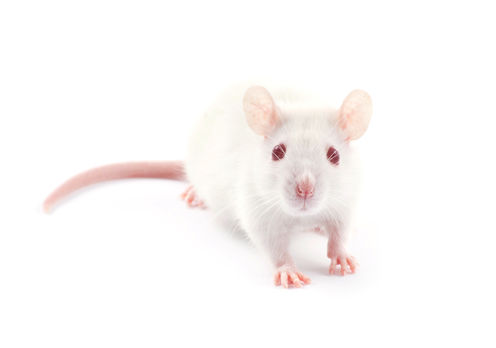'Suggests', 'associated', and mice all place the work over in the exploratory pile but with Alzheimer's Disease, there are few answers and a lot of speculation. Epidemiology does correlate higher alcohol use to risk of dementia but they have also claimed horse dewormers treat COVID-19 and that weedkillers can be linked to human cancer, so spreadsheets dredging for statistical significance are no reason to ban alcohol.
“Adding ethanol to an Alzheimer’s genetic background pushes Alzheimer’s forward by a few months or a few years,” says co-lead author Federico Manuel Giorgi, PhD, a professor of Computational Genomics at the University of Bologna.

The authors compared control mice to mice that carry three genes that make them susceptible to Alzheimer’s and exposed all to high levels of ethanol. Compared to control mice, alcohol-exposed mice became progressively worse at learning and remembering spatial patterns, and they showed these signs of cognitive decline at an earlier age than usual.
“We started seeing cognitive impairments in the alcohol-treated mice approximately two months before they would normally develop these impairments,” says co-lead author Pietro Paolo Sanna, MD, a professor of Immunology and Microbiology at Scripps Research. That translates to about 8 years if mice were little people.
The researchers characterized and compared the gene expression of more than 100,000 individual cells from the brains of alcohol-exposed and unexposed mice to pinpoint exactly what was happening in these cells during AUD.
They found that alcohol exposure was associated with widespread changes in gene expression in the prefrontal cortex. Specifically, alcohol-exposed mice had higher expression of genes associated with neuronal excitability, neurodegeneration, and inflammation. These changes occurred not only in neurons, but also in supporting cells such as astrocytes, microglia, and endothelial cells.
When the researchers compared the gene transcription profiles of the alcohol-exposed mice to unexposed mice of different ages and stages of Alzheimer’s with the same genetic background, they found that the gene transcription profiles of the alcohol-exposed mice more closely resembled those of older mice with more severe cognitive decline than mice their own age.
“When we compared the alcohol-exposed mice to the same type of mice with early or late progression of the disease—so mice that are not yet impaired in any way and mice that are really compromised—we found that the effect of alcohol is to move gene expression towards the advanced disease,” says Sanna.




Comments